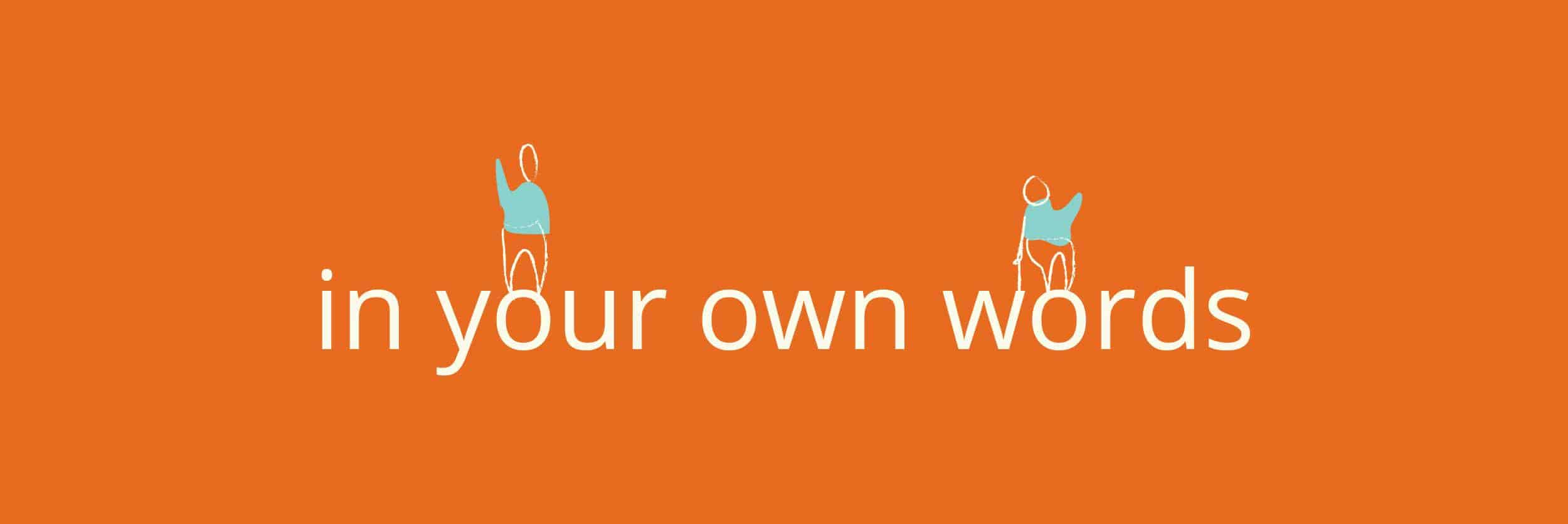Disability, Identity, and Self-Acceptance
Disability and identity—it’s a difficult topic to approach.
Within the very nature of disability is limitation. It’s the act of existing in a world that was not built for people who do not function the way the world believes people are meant to function. Having to live out a disabled life involves some feelings of rejection. After all, a person lives that life and all is good until they encounter a building with no wheelchair ramp—or a wheelchair ramp behind the building—and have to change their plans because they come face-to-face with the fact that the world was not built for them in mind.
In encountering these feelings of rejection, a person may reject their disability when encountering a limiting environment. However, this also means they are rejecting a part of themselves. Disability isn’t a choice any of us have made, and although accepting the circumstances and living as amazing as a life as you can while still encountering these limits can be incredibly difficult and, at times, exhausting, acceptance of a disability can be healing.
However, this whole acceptance process takes time. A person with a disabling condition, and more specifically in this case, a rare neuroimmune disorder, has to grieve. They have to mourn the loss of function they’ve encountered and the loss of the person they would’ve been without their disorder. Encountering these disorders may or may not fundamentally change us, but will always deviate our paths in life. When experiencing an attack, a person’s priority shifts rapidly from work, school, and family to medical emergencies, managing doctor’s appointments, and trying to hold themselves together. Of course, the experience is transformative, and, of course, life isn’t quite the same.
In that way, we must extend ourselves the grace to survive these situations. It does not help to pressure yourself to “just get better already” when you aren’t fully in control of your health anymore. Despite how terrifying this new life can be, this life is still yours. Take the reins on all that you can, do your best to recover what you can, and forgive yourself for what you can’t.
While accepting the disorder and the disabilities it causes seems counterintuitive to the “fight” against the disorder, treating it like a fight and not your life will focus everything on the disorder. You’re more than just your disorder—your life, whether that’s an abled life or a disabled one, is valuable because it’s yours. If calling yourself a warrior makes you feel strong, go for it—just remember, there is so much more to you and your life than the condition you are facing.
In the beginning, the diagnosis can feel all-consuming. It can feel like this condition will now be your whole life—but it won’t be. Understanding the condition to the best of your ability and learning how to treat and manage it can bring you the level of confidence necessary to live with these conditions, and live unashamed. Yes, your life looks different now. But by accepting this new normal, by treating disability as a facet of you and not all you are, and by learning how to manage the disorder you’re facing, you can have a good life. A different life than what you thought it would be, but a good one, regardless.
More than anything, acceptance requires time. If you’ve been recently diagnosed with one of these disorders, there are days when the world feels like it’s ending—but it isn’t. As time churns on, we either get better and we get worse and we get better again, or we don’t recover from the damage done. Coping with those two outcomes can only be accomplished by giving yourself time, as those who’ve had the disorder for decades can attest.
The people who’ve had the disorder for decades, or have a similar disorder, are available to support you. We here at SRNA champion our support groups and Peer Connect Program, both of which were developed because we know how isolating it can be to have these disorders. Please reach out and join a support group or find a peer—nobody should have to do this all alone, and nobody has to. In attempting to find the mental wherewithal to accept your situation and find an identity as someone now impacted by a rare neuroimmune disorder, other people who’ve walked the path before you can be an excellent guide.
In addition, we’ve recently put out a new “Ask the Expert” podcast episode entitled “Self Identity and Finding Meaning Following Diagnosis” where Susan Y. Wegener, a licensed clinical social worker, discusses coping methods and finding identity and meaning after receiving a rare neuroimmune disorder diagnosis.





